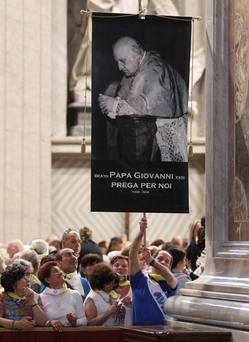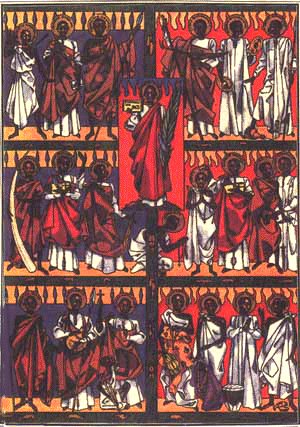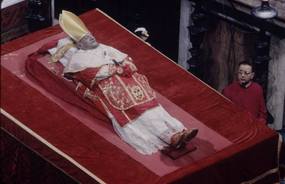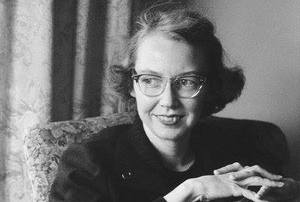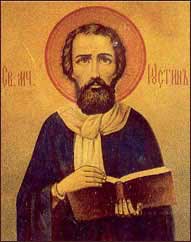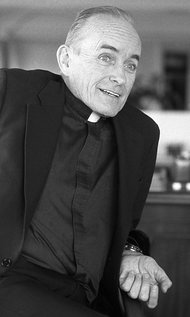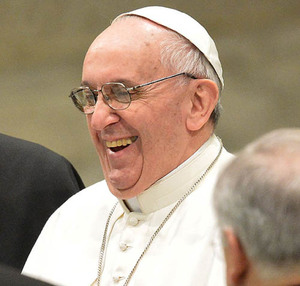In an article on May 30, 2013 by Rachel Donadio for the NY Times, “Vatican Bank Looks to Shed Its Image as an Offshore Haven“ does look into the Vatican Bank’s recent past. Before his retirement in February, Pope Benedict appointed Ernst von Freyberg, 54, as the new head of the bank that causes a lot of distraction. Officially, the real name for the Vatican bank is the Institute for Religious Works (IOR) or sometimes the IOR is called the Institute for the Works of Religion. The IOR is not a commercial bank like Chase or TD Bank.
Mr von Freyberg is a German citizen, an accomplished businessman with strong Catholic roots and who is a member of the Order of Malta, a group of faith Catholics who serve the Church and society by defending the faith and serving the needs of the sick and poor.
I, for one, would like to see the IOR vanish. In my opinion, there is a little need for the IOR. But I am happy to hear von Freyberg say,
“Our mission is to serve and shine,” the bank’s president, Ernst von Freyberg, said with a smile. “Our first pillar is transparency.” He spoke from an office in the medieval tower that houses the bank inside the Vatican, beneath a painting depicting a Gospel lesson, “Render unto Caesar what is Caesar’s, and to God, what is God’s.”




